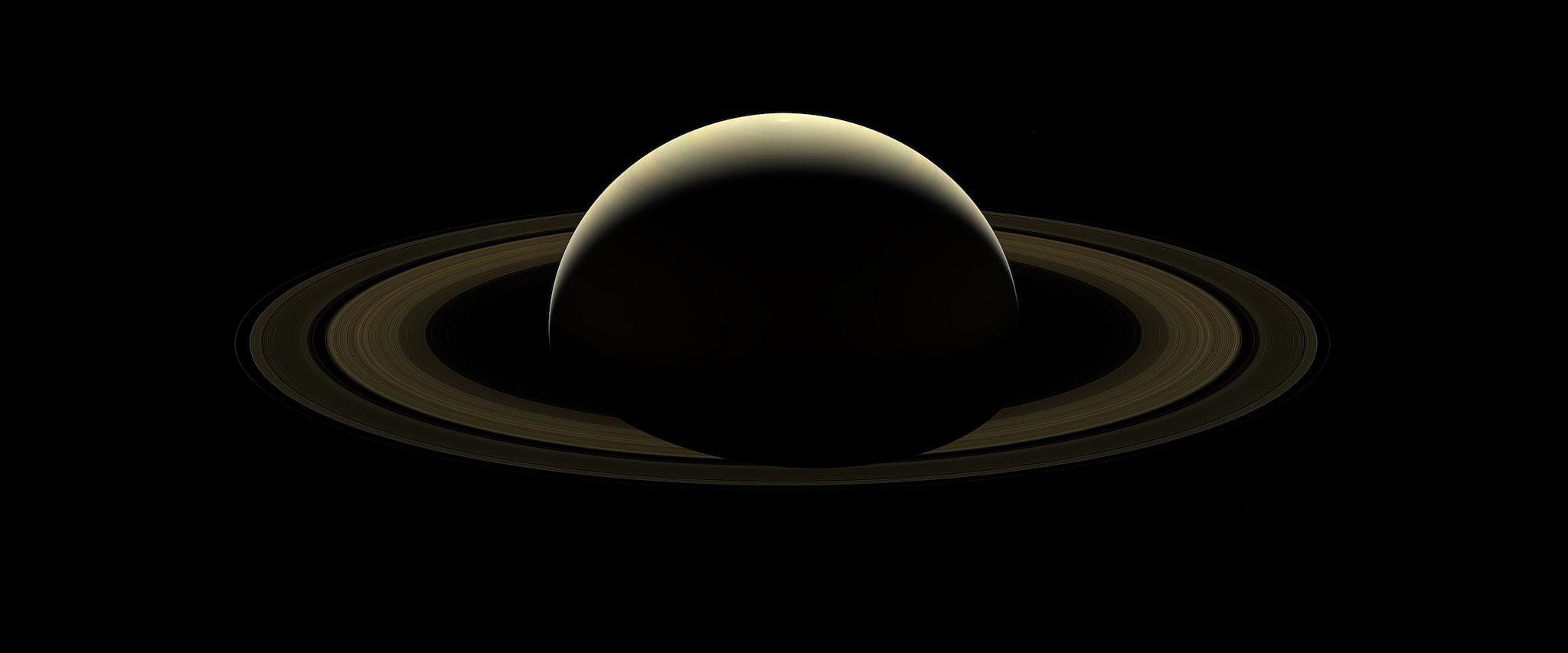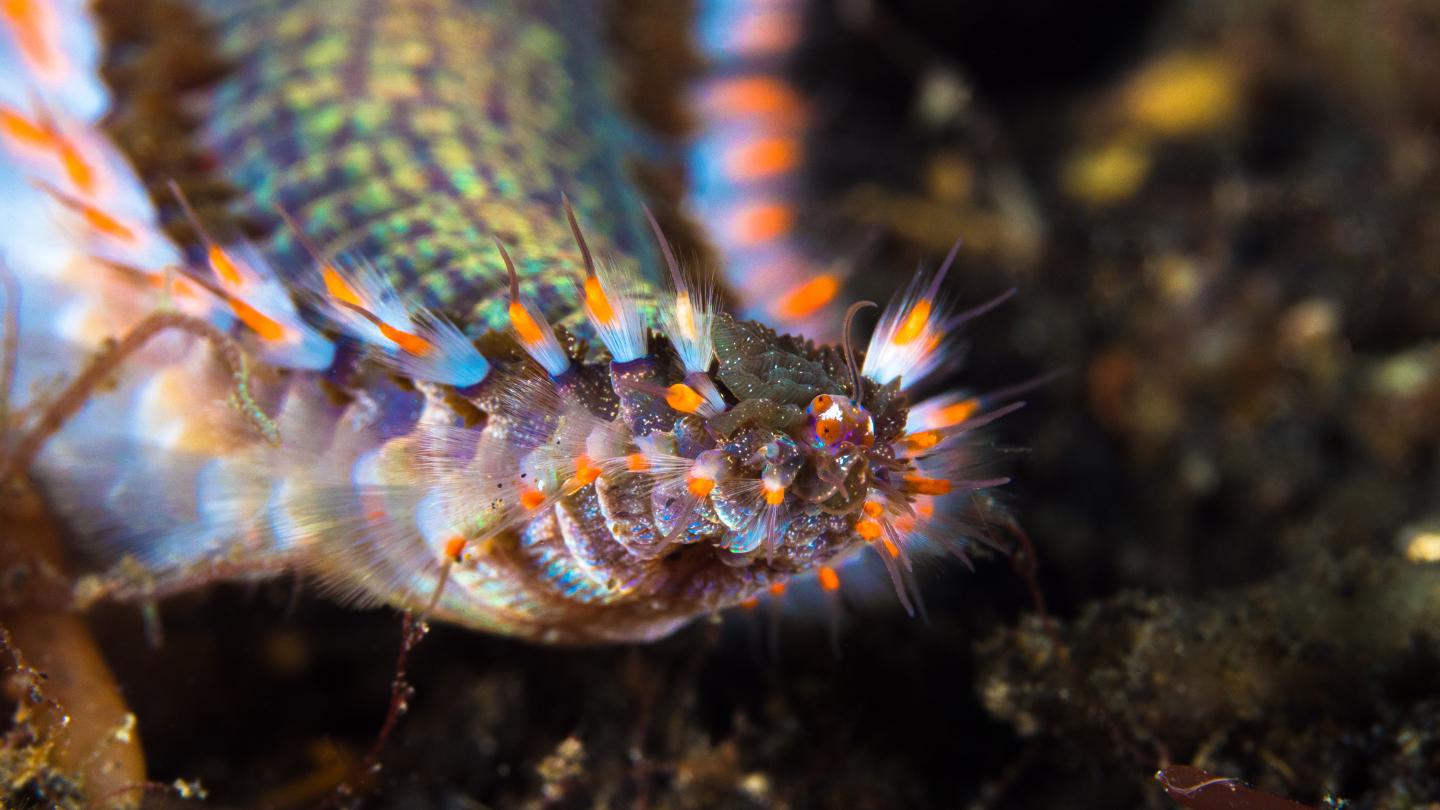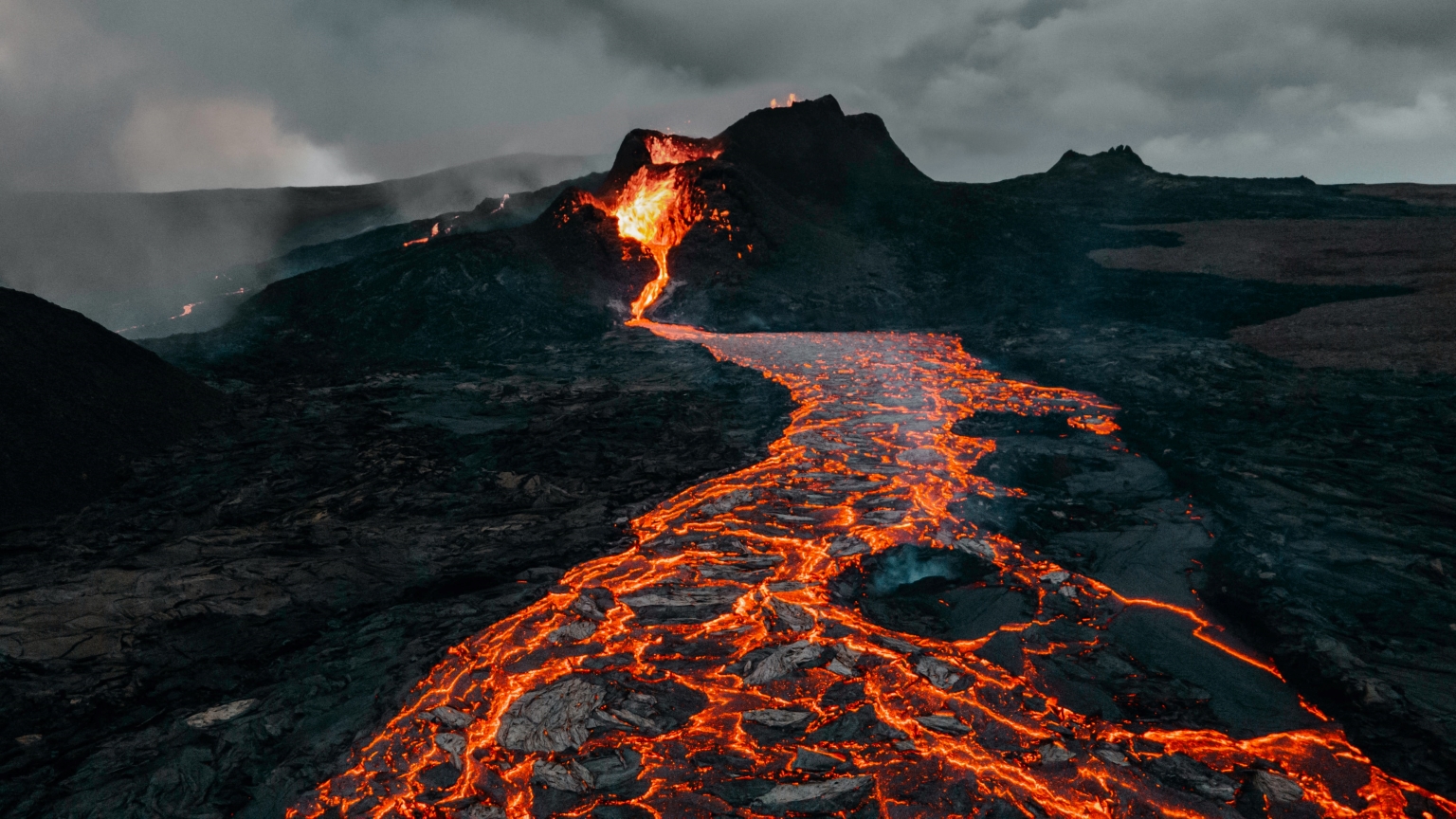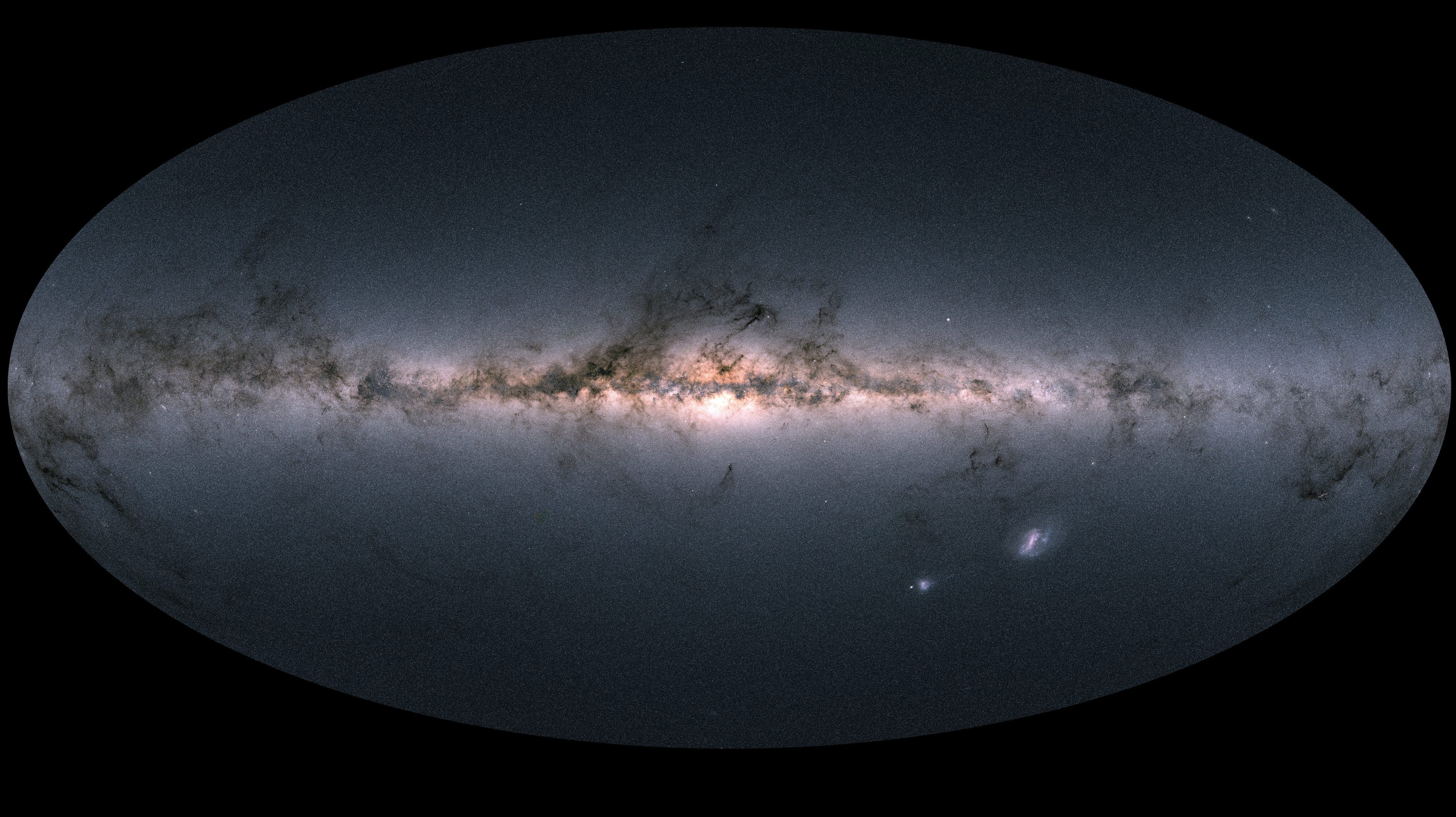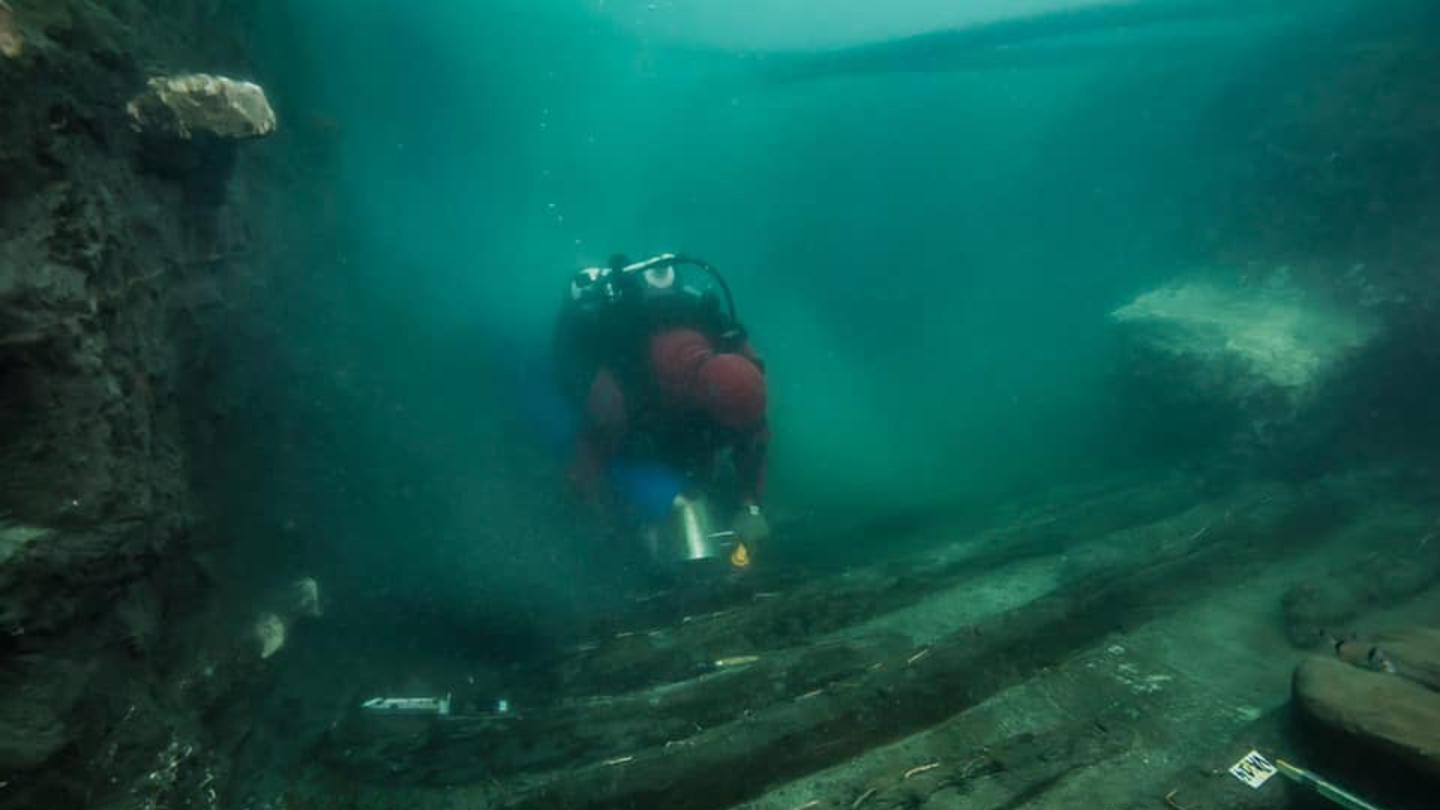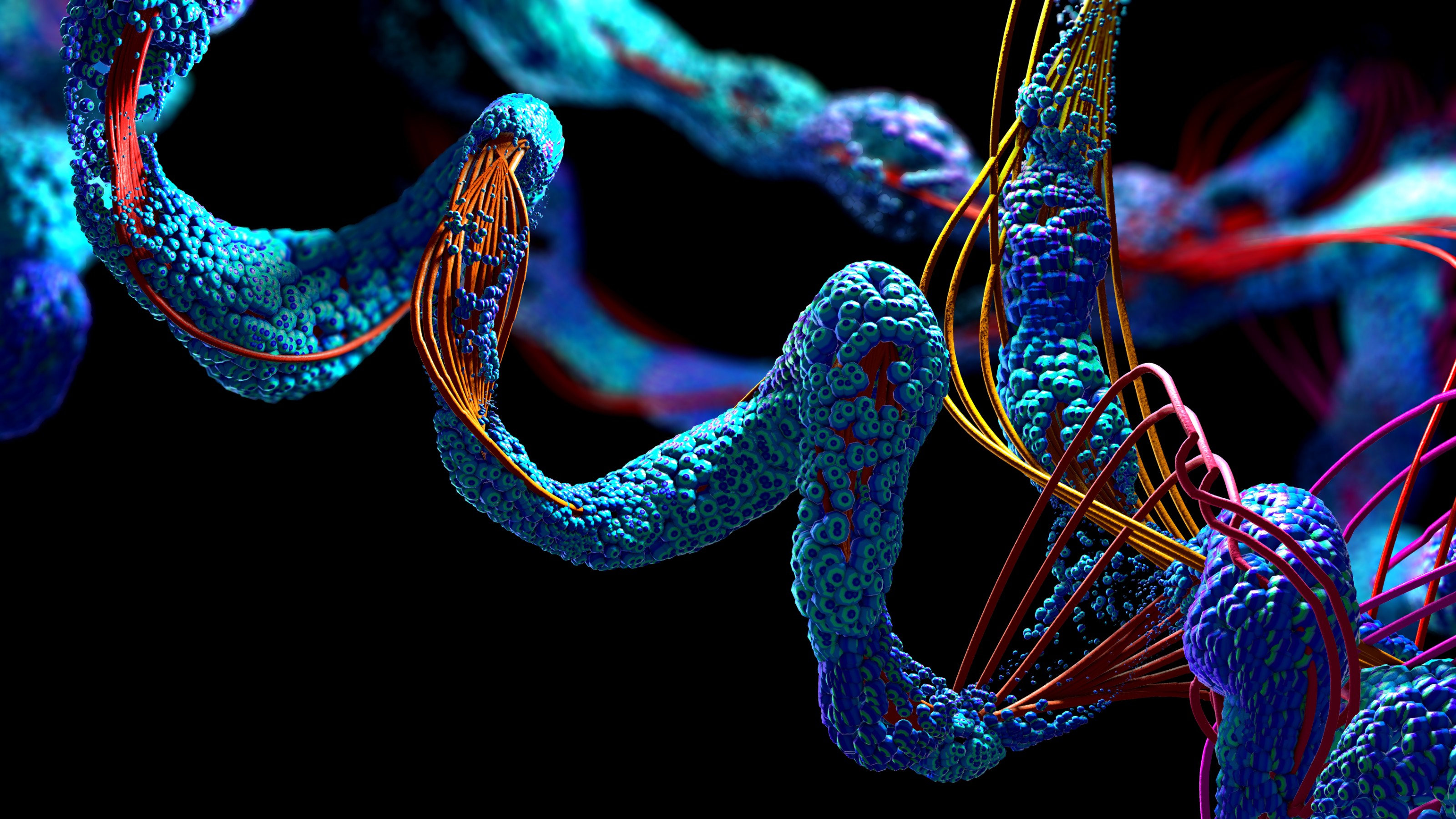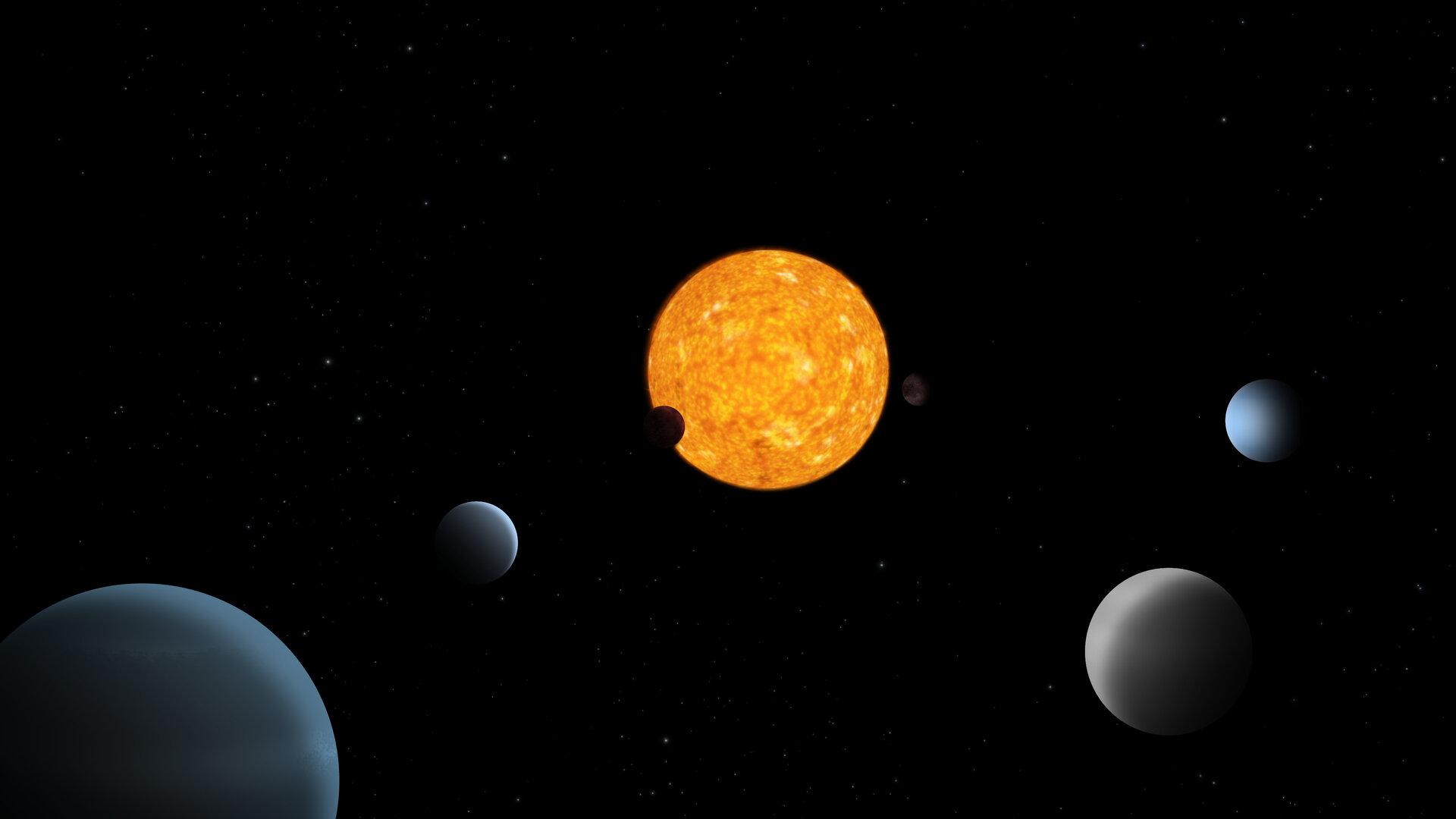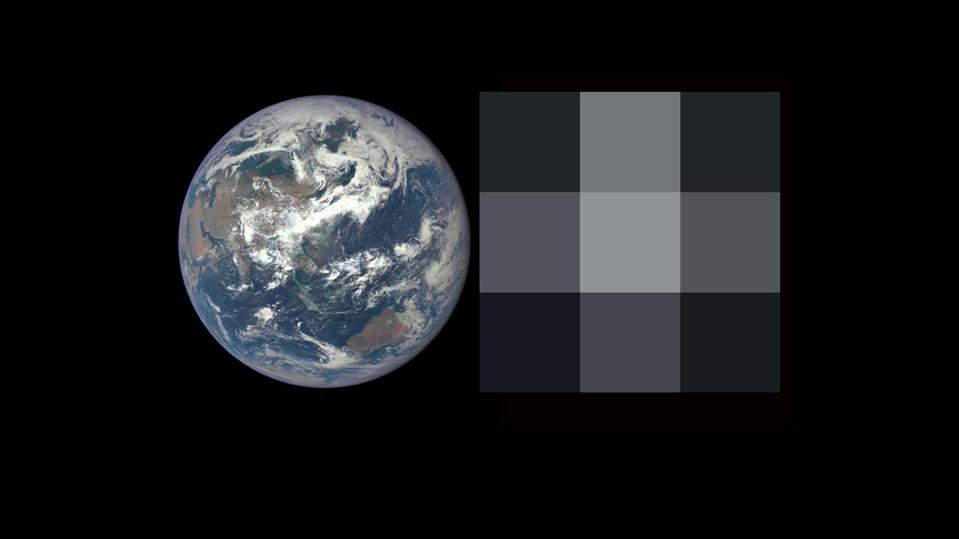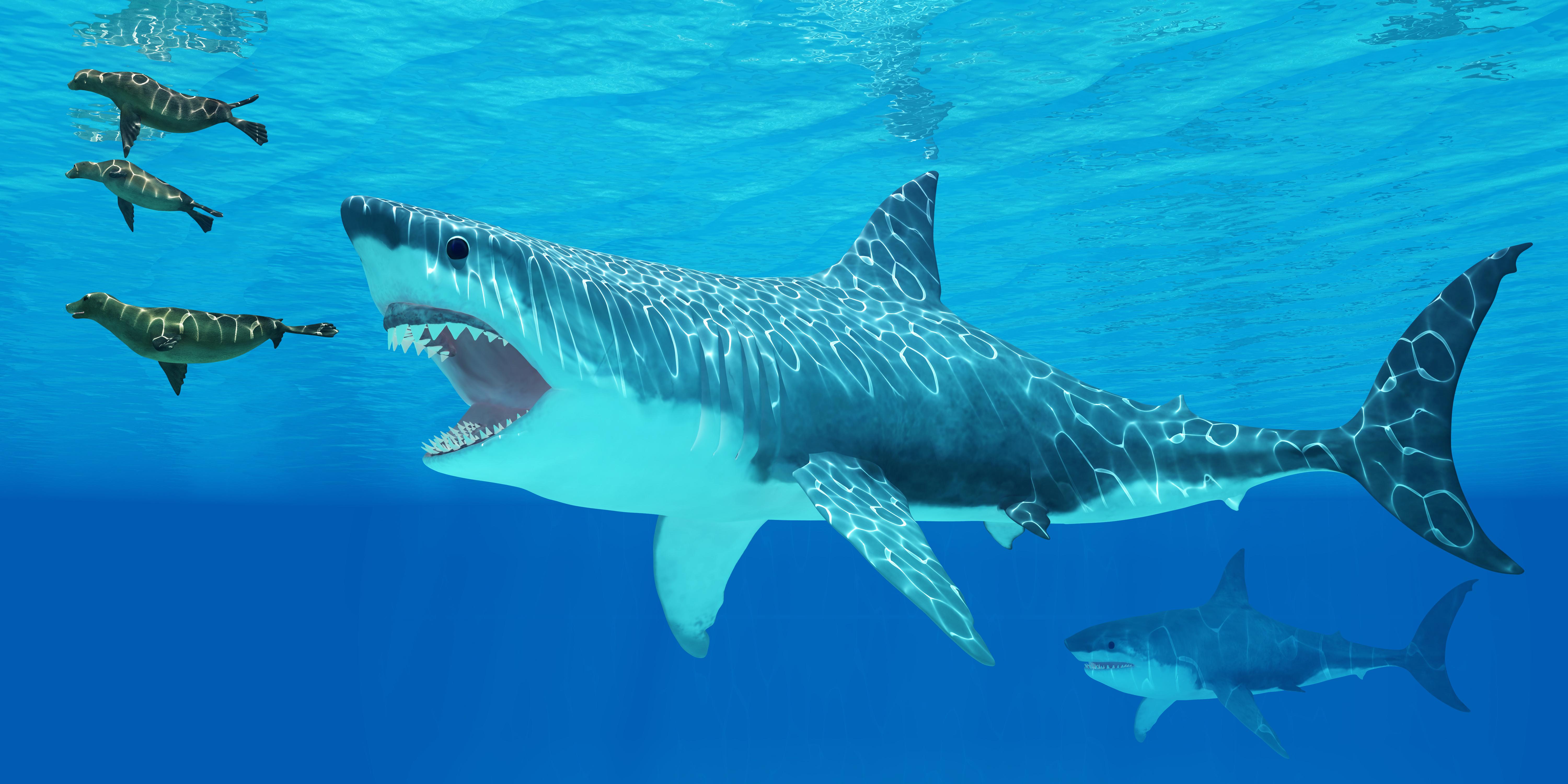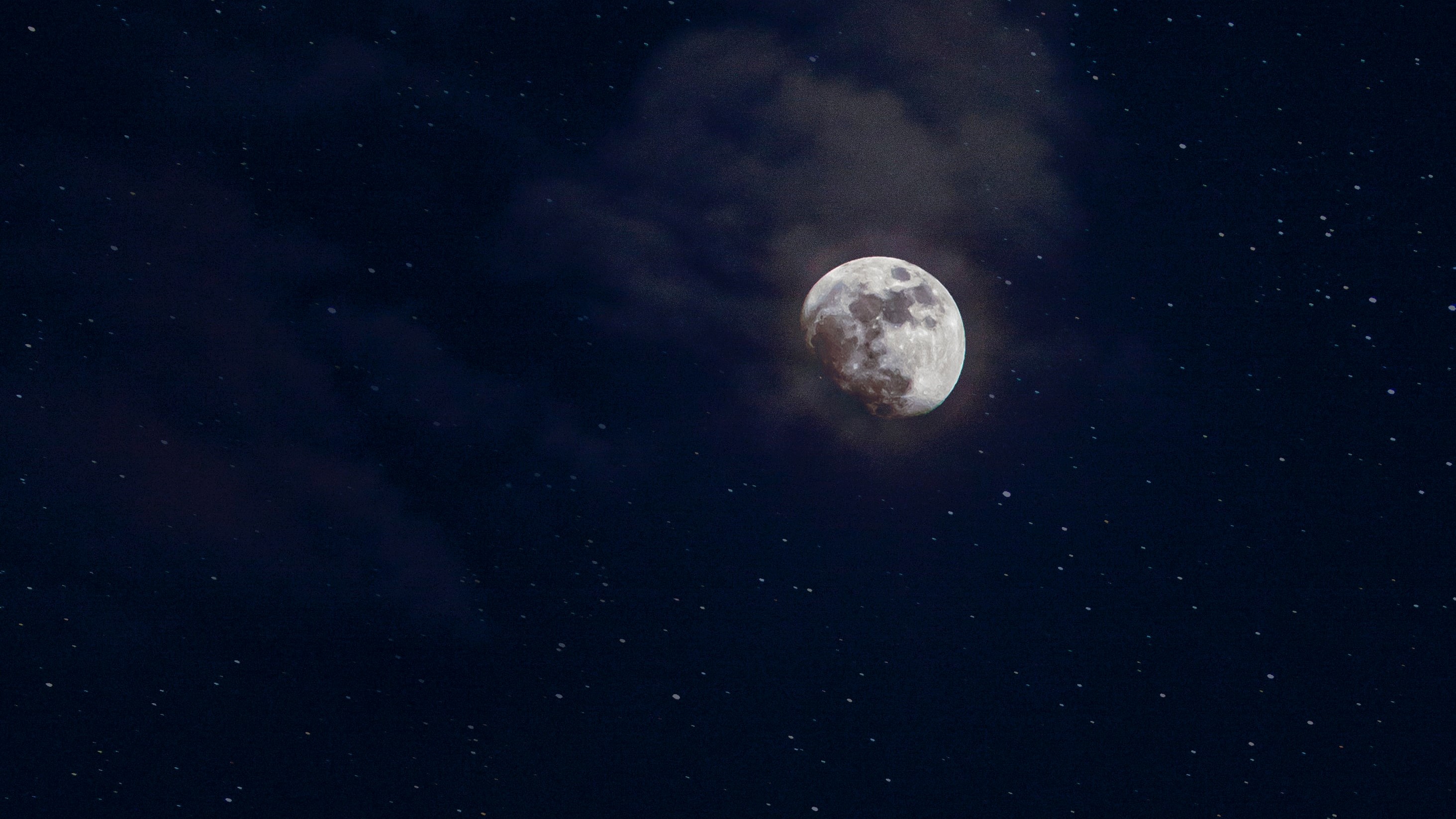Rich data on the global state of our feathered friends presents plenty of bad news — but also some bright spots.
Search Results
You searched for: Ocean
The universe’s largest seismometer reveals clues about the Gas Giant’s interior.
When we satisfy our curiosity, the brain has a particular way of rewarding us.
One of the world’s most isolated island groups has just been made one of the world’s largest ocean reserves.
In “The Secret Life of Secrets”, Michael Slepian explores how holding secrets affects our relationships, psychology, and well-being.
Oxygen is thought to be a biomarker for extraterrestrial life, but there are at least three different ways that a lifeless planet can produce it.
The world needs a moral defense of progress based in humanism and agency.
The findings at L’Anse aux Meadows mark the the earliest known year by which human migration had encircled the planet.
Digitized logbooks from the 1800s reveal a steep decline in strike rate for whalers.
“Don’t tread on me” is a slogan of the deep sea, too.
Metal-like materials have been discovered in a very strange place.
The pulse took just 35 hours to cover the whole world.
The ocean’s largest shark relies on vision more than previously believed.
Cognitive psychologist and poet Keith Holyoak explores whether artificial intelligence could ever achieve poetic authenticity.
A simple trick allowed marine biologists to prove a long-held suspicion.
A study of europium crystals shows the planet was mostly flat during its middle ages.
Einstein’s laws of gravity have been challenged many times, but have always emerged victorious. Could wide binary stars change all that?
In ancient Greece, the Olympics were never solely about the athletes themselves.
Capacitors, acid batteries, and other methods of storing electric charges all lose energy over time. These gravity-fed batteries won’t.
Long before Alexandria became the center of Egyptian trade, there was Thônis-Heracleion. But then it sank.
Venus has far more carbon dioxide in its atmosphere than Earth, which turned our sister planet into an inferno. But how did it get there?
In the early 20th century, a young biochemist named Alexander Oparin set out to connect “the world of the living” to “the world of the dead.”
If argumentation led to nothing, it would soon be thrown into the evolutionary dustbin.
Red dwarf stars were supposed to be inhospitable. But TOI-700, now with at least two potentially habitable worlds, is quite the exception.
Back in 1990, we hadn’t discovered a single planet outside of our Solar System. Here are 10 facts that would’ve surprised every astronomer.
A school lesson leads to more precise measurements of the extinct megalodon shark, one of the largest fish ever.
On December 19 1972, astronauts Eugene Cernan, Harrison Schmitt and Ronald Evans splashed down safely in the Pacific Ocean, ending the Apollo 17 lunar mission. They were the last people to travel […]
An artificial island in the North Sea is the biggest building project ever in Danish history – and could pave the way for many more.
To reap the benefits of digital technologies, we must contend with their addictive designs.

